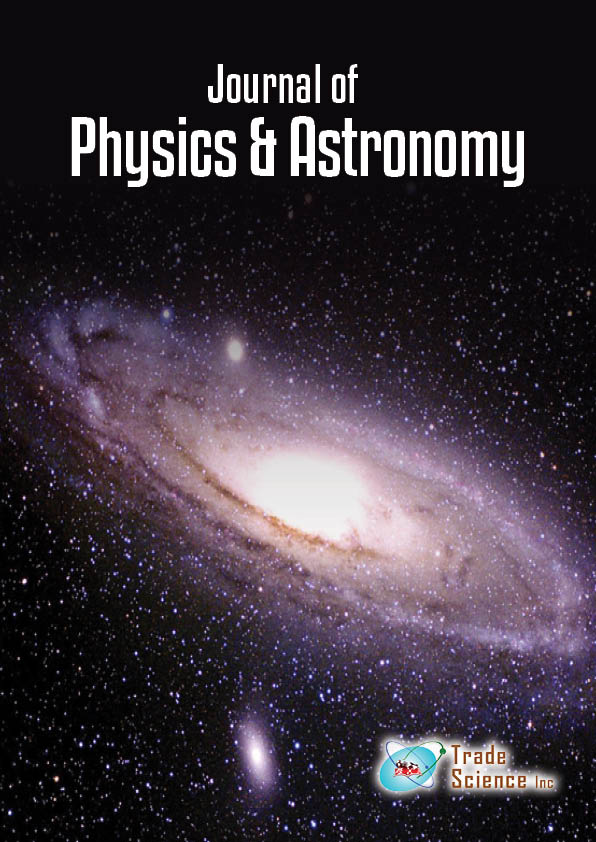சுருக்கம்
The Conservation Laws in Quantum Mechanics
Richard Oldani
Although quantum mechanics correctly predicts what it is possible to observe (the emissions) it ignores the other half of natural phenomena, what cannot be observed (the absorptions), thereby violating the conservation laws. By describing only one-half of quantum mechanics conceptual difficulties such as wave function collapse, infinite paths, non-locality, and abstract mathematical models appear out of nowhere. The deficiencies are corrected in non-relativistic theory by showing that the unobserved absorption energies of off-diagonal elements in matrix mechanics are essential and that matrix and wave mechanics are equally important for formulating a complete quantum mechanics. Due to the conservation of energy absorption must be carried out to completion before energy emission can begin. When relativistically correct equations of motion are derived they show that the wave function is incomplete because it describes the excitation and decay of an electron with twice the allowable action minimum. Einstein’s unfinished quantum theory forms the mathematical foundation leading up to and underlying the proposed mathematical model.
